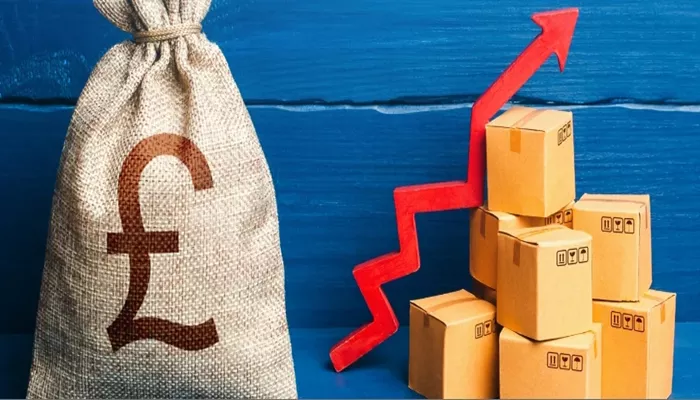Debt in the European Union reached $6.96 trillion (€6.2 trillion) in January 2025, with mortgage loans making up more than €5.23 trillion, according to data from CEIC and the European Central Bank. The remaining debt, approximately €1 trillion, raises concerns about personal finances.
While the average debt-to-income ratio across the EU has been decreasing over the past few years, some countries—particularly in Scandinavia and the Netherlands—still have high borrowing ratios, sometimes exceeding 200%. This highlights that debt isn’t only a burden for lower-income individuals. Even in affluent areas, people can struggle to manage debt, as seen during the 2007 financial crisis when many who financed luxury items like cars and watches were unable to repay their loans.
With the rising cost of living in 2025, many wonder if it’s still possible to get out of debt. Kevin Mountford, co-founder of the savings platform Raisin UK, suggests that the problem isn’t borrowing itself but the risk of borrowing spiraling out of control. “The issue arises when debt becomes unmanageable,” he said, speaking to Euronews.
Mountford shared practical debt-busting strategies and emphasized how to work towards a positive financial future during a recent episode of The Big Question.
What Causes Personal Debt?
Credit cards, contactless payments, and the ease of online shopping are major factors driving people deeper into debt, according to Mountford. He explained how, in the past, people used cash and had to budget carefully. “You’d spend your money, and when it’s gone, it’s gone. But now, with contactless payments, people are shocked when they check their bank statements and realize how much they’ve spent without thinking,” he said.
Countries like the Netherlands, Denmark, the UK, Finland, and Sweden rank high globally in terms of credit card debt. Mountford also pointed to social media as a contributing factor, citing the constant bombardment of ads and influencer content that often leads to impulsive buying.
Buy-now-pay-later schemes, while tempting, can create more problems, Mountford warns. “I’ve got friends who can’t sleep at night, so they go online and start shopping,” he said. “The ease of access and social media’s influence can encourage problematic spending, so we need to be cautious about how we use these tools.”
As the cost of living continues to rise, managing personal finances and tackling debt becomes even more crucial. Mountford’s advice serves as a reminder of the importance of budgeting and avoiding debt traps like excessive credit card use and buy-now-pay-later schemes.
Related Topics:
Costco Anticipates Strong Holiday Season Amid Rising Consumer Confidence
S&P Global Projects Rise in Sovereign Debt Defaults Amid Higher Borrowing Costs
India-U.S. Trade Pact Expected to Be Finalized This Year: Sitharaman

